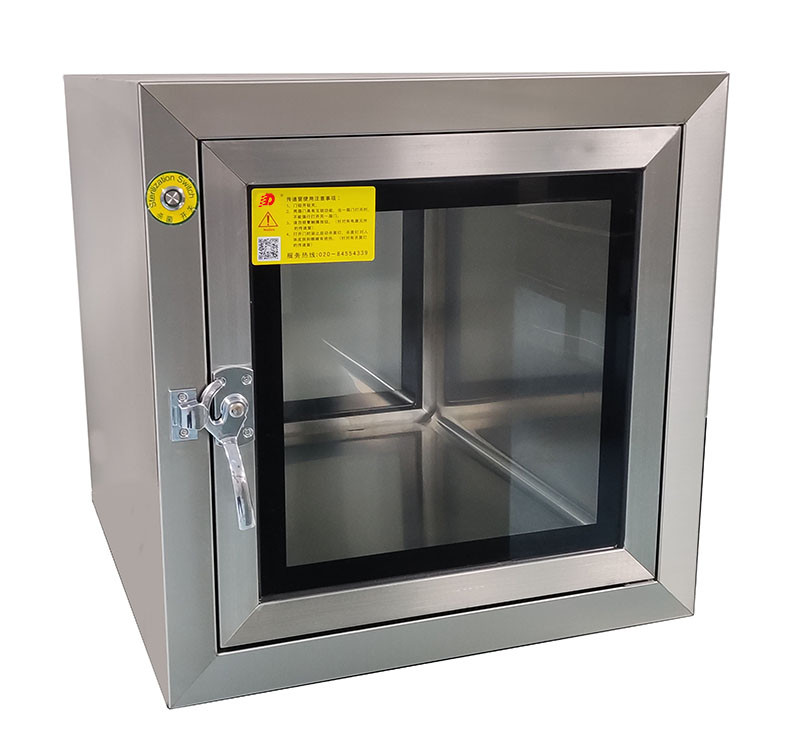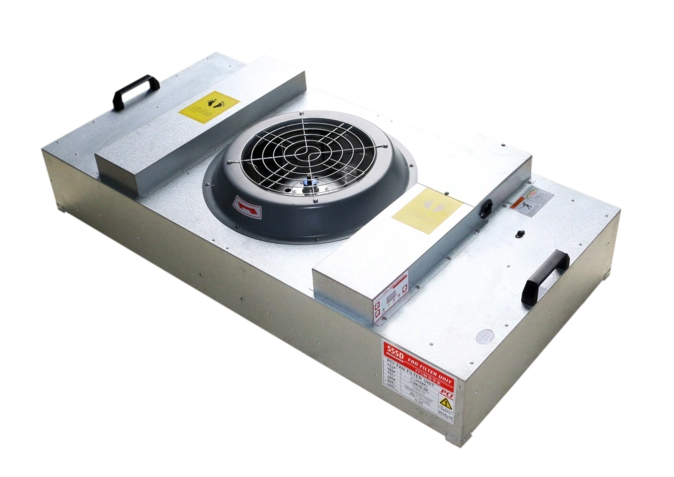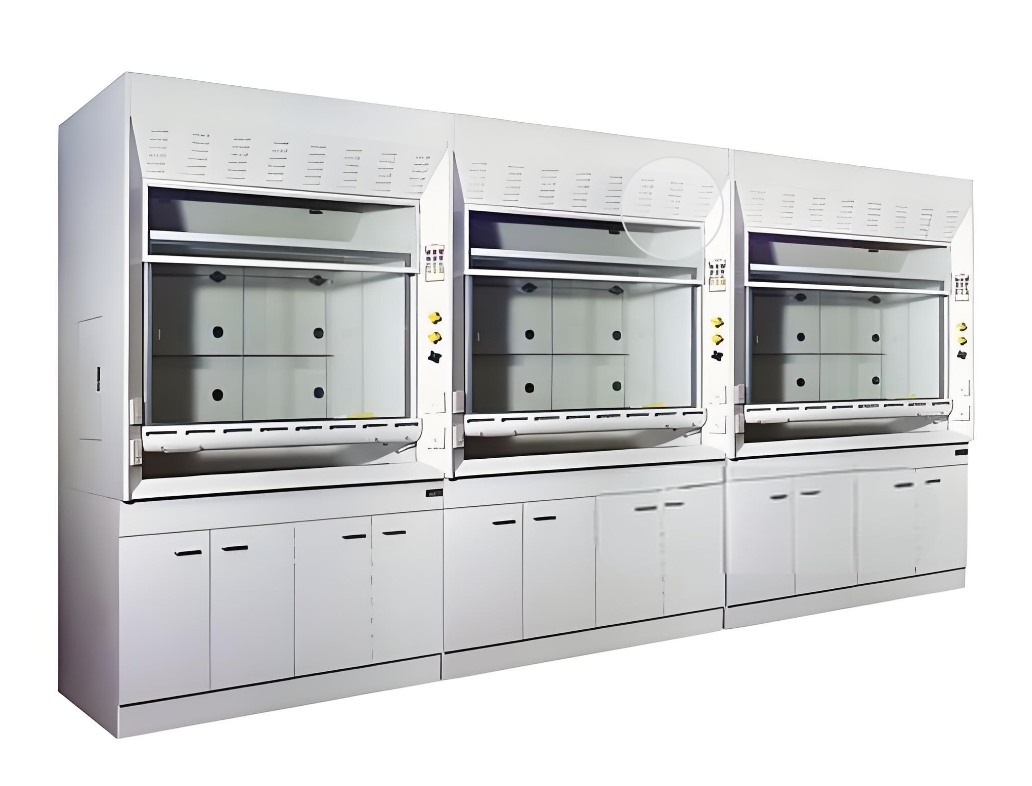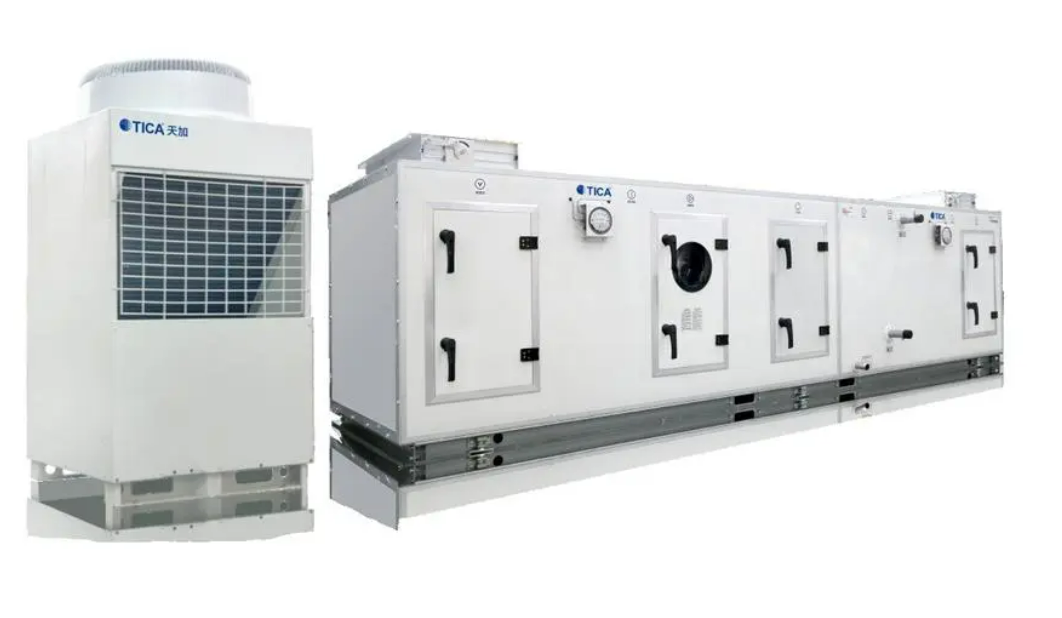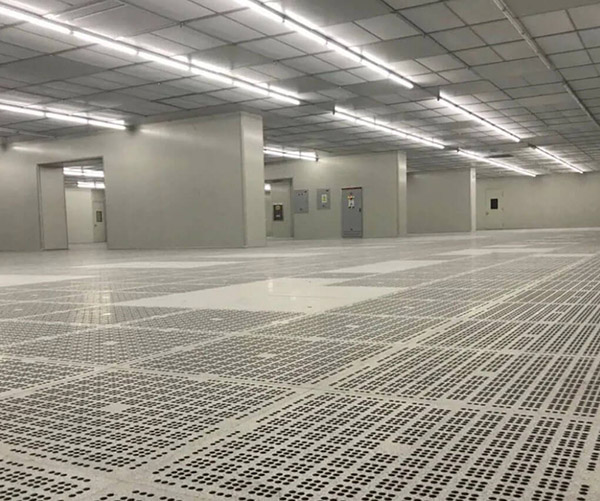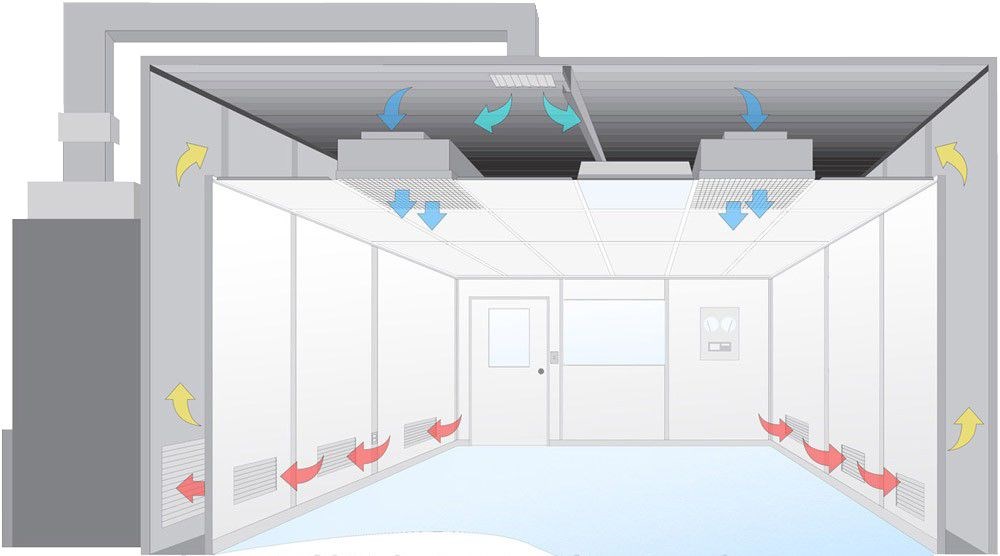Section 1 Scope of License

Article 94 Protein beverage products subject to food production license management include liquid beverages made from milk or dairy products, or fruits, seeds or kernels of plants with a certain protein content, etc., processed or fermented. The category number of protein beverage production license is 0605, including: milk-containing beverages, plant protein beverages, and compound protein beverages.
Article 95 Milk-containing beverages refer to products made from raw milk or dairy products as the main raw materials, processed or fermented, including: formulated milk-containing beverages, fermented milk-containing beverages, lactic acid bacteria beverages, etc.
Article 96 Plant protein beverages refer to products made from one or more plant fruits, seeds or kernels containing a certain amount of protein, processed or fermented, such as: soy milk (milk), soy milk, soy milk (milk) beverages, coconut juice (milk), almond milk (milk), walnut milk (milk), peanut milk (milk), etc.
Article 97 Compound protein beverages refer to products made from milk or dairy products, and one or more plant fruits, seeds or kernels containing a certain amount of protein, processed or fermented.
Section 2 Inspection of Production Sites
Article 98 Production workshops are generally divided into: non-food production and processing areas (offices, power distribution, power equipment, inspection rooms, etc.), general operation areas (raw material processing, storage areas, water treatment areas, outer packaging, etc.), quasi-clean operation areas (sterilization areas, ingredient areas, lactic acid fermentation areas, strain culture areas, pre-packaging cleaning and disinfection areas, etc.), and clean operation areas (filling protection areas, etc.).
For those with post-sterilization processes, the filling protection area can be set up in the "quasi-clean operation area" and the sterilization area can be set up in the "general operation area".
Article 99 A dressing room, hand washing, hand drying and disinfection facilities, shoe changing (wearing shoe covers) or work shoe disinfection facilities should be set up at the entrance of the production site or production workshop.
Article 100 A secondary dressing area, hand washing, hand drying and (or) disinfection facilities, shoe changing (wearing shoe covers) or work shoe disinfection facilities should be set up at the entrance of the clean operation area; the clean operation area should meet the corresponding air cleanliness requirements and be a 100,000-level clean workshop. The above requirements may be exempted if one of the following conditions is met: use of filling equipment with self-contained Clean Room and clean environment automatic recovery function; use of filling equipment that performs both filling and capping (sealing) in a sterile and closed environment.
Article 101 Quasi-clean work areas and clean work areas should be relatively closed and equipped with air handling devices and air disinfection facilities.

Section 3 Equipment and Facility Verification
Article 102 Production equipment shall be equipped according to actual process needs, generally including: raw material pretreatment facilities (applicable to plant protein beverages), machine or colloid or equivalent grinding equipment (applicable to plant protein beverages), filter or centrifuge (applicable to plant protein beverages), storage badger, fermentation badger (applicable to fermented products), homogenizer, sterilization equipment, automatic filling and capping equipment, water treatment equipment, automatic inkjet equipment, etc.
Article 103 Inspection equipment should generally have: sterile room (or ultra-clean workbench), sterilizer, microbial incubator, biological microscope (or colony counter), nitrogen determination device, acidity meter (for head processing technology), analytical balance (0.1mg) and related measuring instruments.
Section 4 Equipment Layout and Process Flow
Article 104 The equipment layout should be designed according to the process flow. Protein beverages generally include: raw material pretreatment, fermentation (with fermentation process), pulping (with this process), filtration and degassing (plant protein beverages), blending, homogenization, sterilization filling and capping (filling and capping sterilization), light inspection (or automatic monitoring), etc. Specific products are produced according to the actual process flow of the enterprise, but its process flow must be scientific and reasonable and comply with relevant regulations.
Article 105 Protein beverage production enterprises should control the key points in the production process, and the treated water should meet the production process requirements, and monitor and record various indicators. Raw and auxiliary materials should strictly control pesticide residues, microorganisms and aflatoxin in accordance with standards and relevant regulations; strengthen process management, select and remove physical hazards such as hair, stones, and gold; when using raw materials containing natural toxins such as bitter almonds to process plant protein beverages, the management of the detoxification process should be strengthened, and the soaking detoxification liquid should be replaced regularly. If there is a blending process, the type, quantity and order of feeding should be controlled and recorded; the raw and auxiliary materials feeding conveying system should have filters of appropriate specifications or other equivalent impurity removal measures: according to the production process requirements, stirring, heating, insulation and other operations should be carried out, and the relevant process parameters should be monitored and recorded. If there is a homogenization process, the parameters affecting the homogenization effect, such as pressure, time, etc., should be monitored to ensure the stability of the product. If there is a sterilization process, the process parameters affecting the sterilization effect (such as sterilization temperature, time, etc.) should be strictly monitored and recorded. The sterilization equipment should be calibrated and recorded regularly, and the sterilization effect should be monitored and recorded.
When filling and capping, foreign matter control measures should be set before the product is filled, the filling temperature should be controlled, and the quantitative filling should be carried out according to the net content requirements; the capping (mouth) should control the capping torque, capping pressure and other capping sealing parameters to ensure the sealing of the product. After filling and capping, the appearance, filling volume and container condition of the product should be checked.

Section 5 Personnel Verification
Article 106 Food safety management personnel, food safety professional and technical personnel, inspection personnel, and production personnel (including personnel directly engaged in water supply and management) must obtain a health certificate before they can take up their posts, and undergo a health check at least once a year.
Section 6 Management System Review
Article 107 A review system for suppliers of raw materials, auxiliary materials, and packaging materials should be established, and regular review and evaluation should be conducted; the food safety responsibilities of both parties should be clearly stated in the contract signed with the supplier.
Article 108 A purchase inspection record system should be established, and the water used in production should comply with the hygiene requirements (except pH value) in the "Sanitary Standard for Drinking Water" (GB 5749). The raw milk used should comply with the relevant requirements of the "National Food Safety Standard for Raw Milk" (GB 19301), "National Food Safety Standard for Milk Powder" (GB 19644), etc.; the raw materials of plant protein beverages (soybeans, peanuts, etc.) should comply with the requirements of food safety standards such as the "National Food Safety Standard for Limits of Fungal Toxins in Food" (GB 2761) and the "National Food Safety Standard for Limits of Contaminants in Food" (GB 2762). Protein drinks shall not use animal protein other than milk or dairy products. For products using strains, the strains must comply with the relevant national regulations such as the "List of Strains that Can Be Used for Food". Mutated or hybrid strains shall not be used. The characteristics of the strains must be strictly tested before they are put into production to ensure their activity and that they are not contaminated by other bacteria.
Article 109 Enterprises shall establish a product formula management system, list the basis for the use of food additives, food nutrient fortifiers, and new raw materials used in the formula and the prescribed usage amount; the food additives, food nutrient fortifiers, and new raw materials used shall comply with the relevant product standards and the relevant announcements of the health administrative department of the State Council.
Article 110 Enterprises shall establish a production process management system to control the quality and safety of water treatment, blending, filtration and degassing (when this process is required), sterilization, filling, cleaning and disinfection, storage, transportation and delivery during the production process.
The water treatment process shall specify the cleaning and replacement requirements of the water treatment filter device, formulate control indicators for treated water and monitor and record them. For products using raw milk as raw material, the raw milk should be cooled to 0-4℃ within 2 hours after milking and transported in time by insulated milk tankers; raw milk should be processed in time after arriving at the factory. If it cannot be processed in time, there should be refrigerated storage facilities to monitor the temperature and related indicators and record them. The sterilization intensity during the processing of protein beverages using soybean as raw material should meet the inactivation intensity requirements of soybean trypsin; plant protein raw materials such as peanut kernels, walnut kernels, almonds, etc. should be stored in a ventilated and dry environment to avoid insects, toxic changes and oxidation. For direct-injection fermentation strains, they should be stored at an appropriate temperature according to the characteristics of the strains to maintain their vitality. Deep-frozen strains (liquid strains) should be stored at -40℃ to -55℃, and freeze-dried strains (dry powder strains) should be stored at -4℃ to -18℃, and the storage temperature should be monitored and recorded. The allocation should be reviewed to prevent the wrong type and quantity of materials. The post-sterilization process should have records of temperature and time, and regular inspections should be conducted to ensure that the specified requirements are met. Effective cleaning and disinfection methods and management systems should be formulated to ensure the cleanliness and safety of production sites, production equipment, packaging containers, work clothes and personnel, and prevent products and packaging from being contaminated during the production process.
Article 111 Reasonable hygiene monitoring requirements should be set in accordance with Appendix A "Guidelines for Microbiological Monitoring procedures in Beverage Processing" of the "National Food Safety Standard Beverage Production Hygiene Specifications" (GB 12695).
Article 112 An inspection management system should be formulated, including management regulations for raw materials, processes, factory and type inspections. The inspection capacity of protein beverages shall at least meet the requirements of sensory, protein, lactic acid bacteria count (live bacteria products), total colony count, coliform group, pH value, residual gas (if such process is available), turbidity (if necessary) and other items.
Enterprises may use rapid detection methods and equipment, but the test results shall be accurate. When the rapid detection methods and equipment used are used for factory inspection, they shall be regularly compared or verified with the Inspection methods specified in national standards. When the rapid test results are unqualified, the inspection methods specified in the standards shall be used for confirmation.
Article 113. The inspection management system shall stipulate the requirements for type inspection, which shall be carried out at least once every six months (once a year for seasonal products). Type inspection shall be carried out in a timely manner when the main raw and auxiliary materials and key production processes are changed, before resuming production after suspension for more than three months, and when the factory inspection results are significantly different from normal production.

Section 7 Inspection of Trial Products
Article 114. According to the types of protein beverages declared (including milk beverages, plant protein beverages, and compound protein beverages) and implementation standards, representative samples shall be drawn from the same specifications and batches of trial products for inspection.
 +86 18186671616
+86 18186671616 Jason@cleanroomequips.com
Jason@cleanroomequips.com
 MENU
MENU







